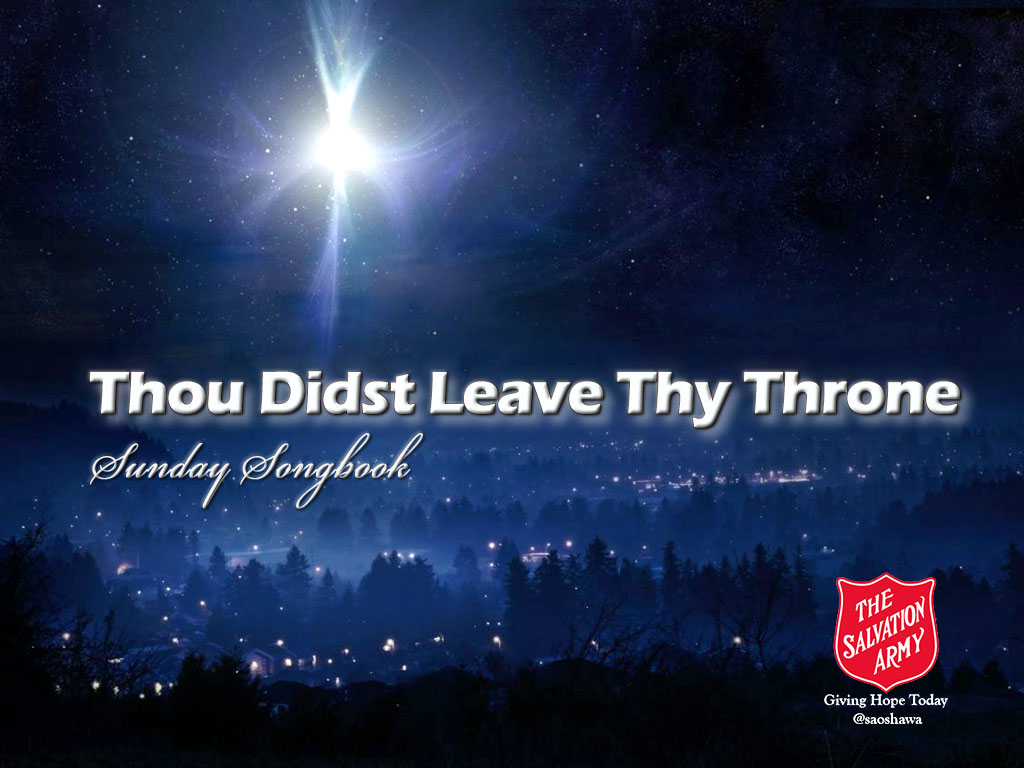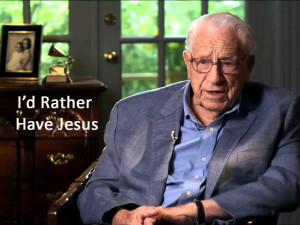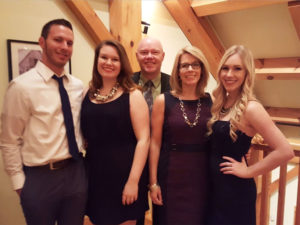Thou didst leave Thy throne and Thy kingly crown
When Thou camest to earth for me,
But in Bethlehem’s home was there found no room
For Thy holy nativity.
O, come to my heart, Lord Jesus;
There is room in my heart for Thee!
Heaven’s arches rang when the angels sang,
Proclaiming Thy royal degree,
But of lowly birth cam’st Thou, Lord, on earth,
And in great humility.
Thou camest, O Lord, with the living word
That should set Thy people free,
But with mocking scorn and with crown of thorn,
They bore Thee to Calvary.
When Heaven’s arches ring and her choirs shall sing,
At Thy coming to victory,
Let Thy voice call me Home, saying: “Yet there is room,
There is room at My side for thee!”
And my heart shall rejoice, Lord Jesus,
When Thou comest and callest for me!
As we transition from Christmas celebrations and look toward the new year ahead, let’s reflect on the whole story of Jesus’ life on Earth, as outlined in this song. What a wonderful invitation is found in the chorus, should we personally choose to extend it to Him: “O, come to my heart, Lord Jesus; there is room in my heart for Thee!”
Emily Elliott, the author of the hymn, was the great-niece of hymnist Charlotte Elliott, who is best known for Just as I Am . Emily devoted her life to working with children, as well as with needy folk in her home town of Brighton, England. She considered the above song an effective way to teach Jesus’ story, and it was first performed in 1864 in the church in which her father was pastor.
In the final verse and chorus, the invitation is reversed, as we look forward joyfully to the time when Christ calls us to be with Him in Heaven, because He has made room for us there!
WORDS: EMILY ELLIOTT; MUSIC: TIMOTHY MATTHEWS
S.A. SONG BOOK, 1987 EDITION, # 101; 2015 EDITION, #153
REFERENCE: MORGAN, ROBERT J., THEN SINGS MY SOUL, BOOK 2







